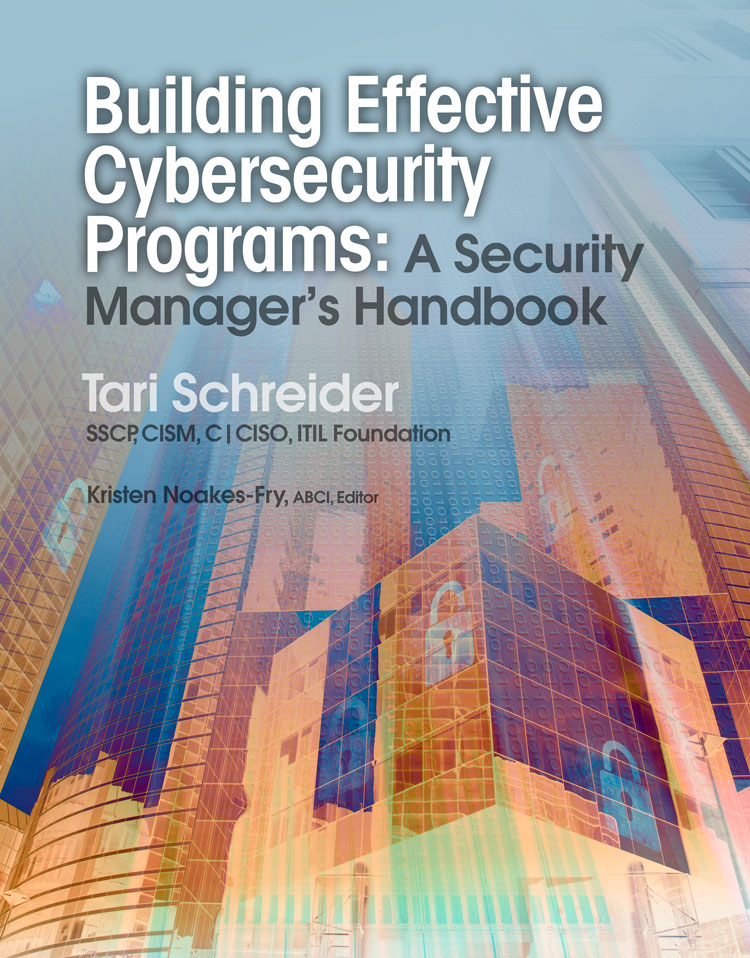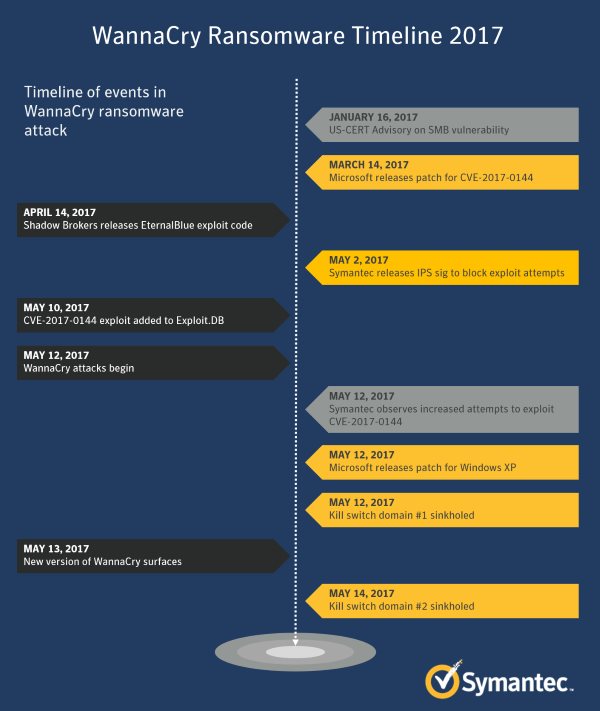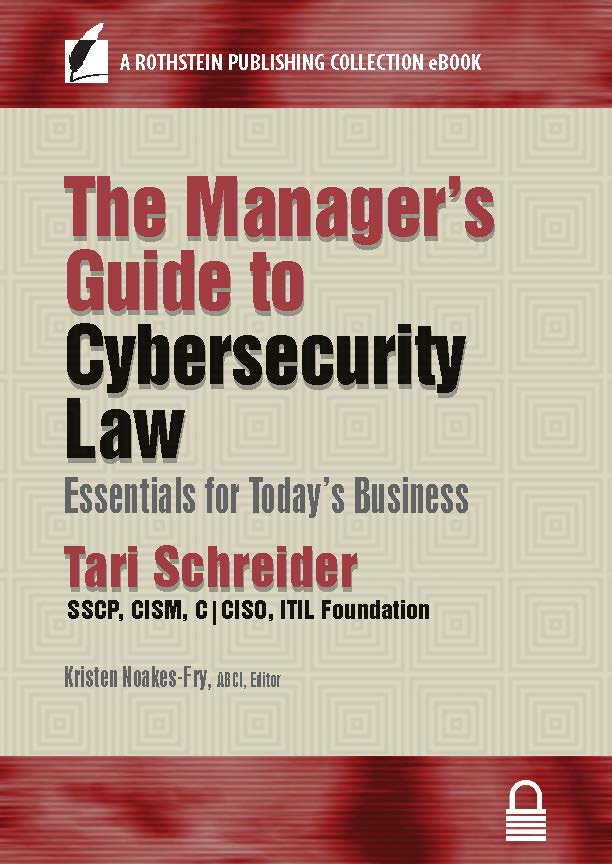You know by now that your company could not survive without the Internet. Not in today’s market. You are either part of the digital economy or reliant upon it. With critical information assets at risk, your company requires a state-of-the-art cybersecurity program. But how do you achieve the best possible program? Tari Schreider, in Building Effective Cybersecurity Programs: A Security Manager’s Handbook, lays out the step-by-step roadmap to follow as you build or enhance your cybersecurity program.
Over 30+ years, Tari Schreider has designed and implemented cybersecurity programs throughout the world, helping hundreds of companies like yours. Building on that experience, he has created a clear roadmap that will allow the process to go more smoothly for you.




